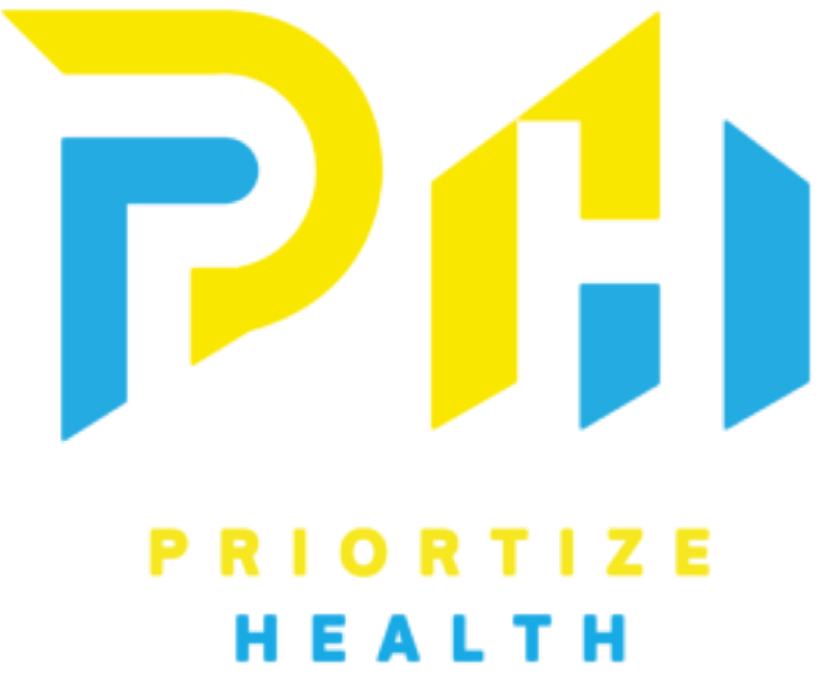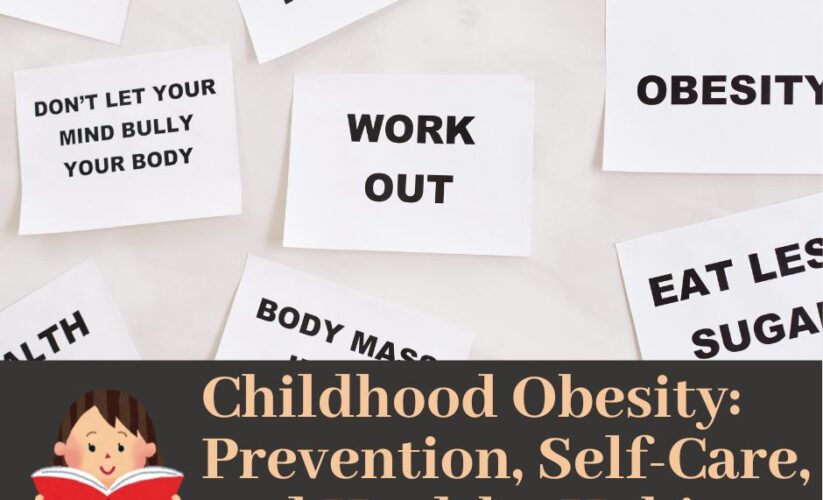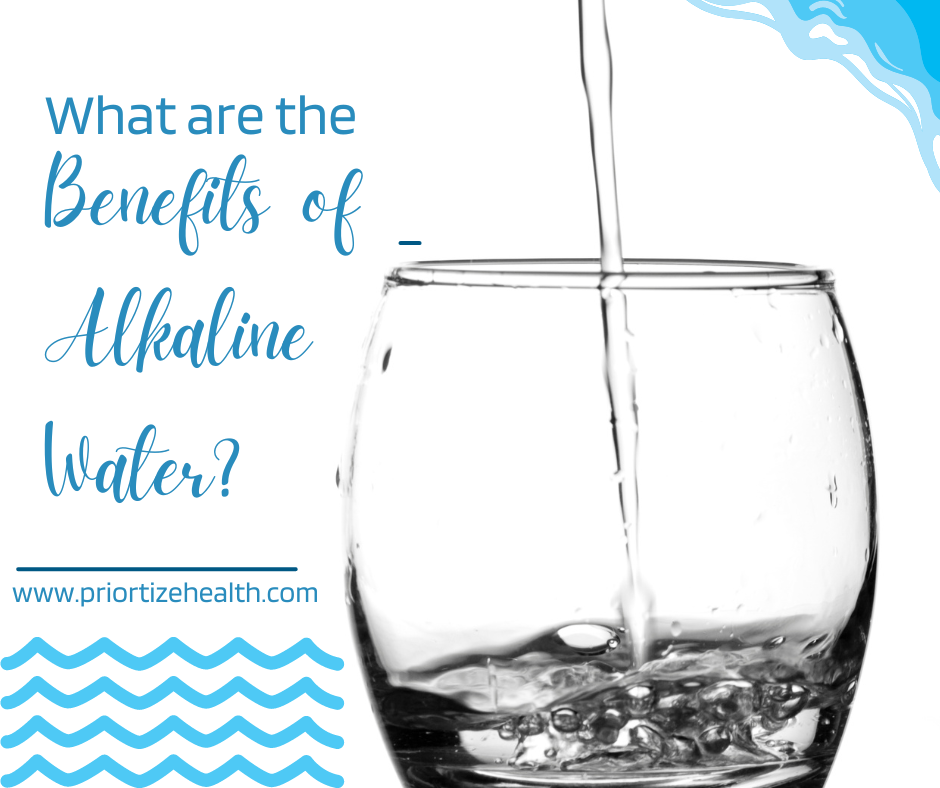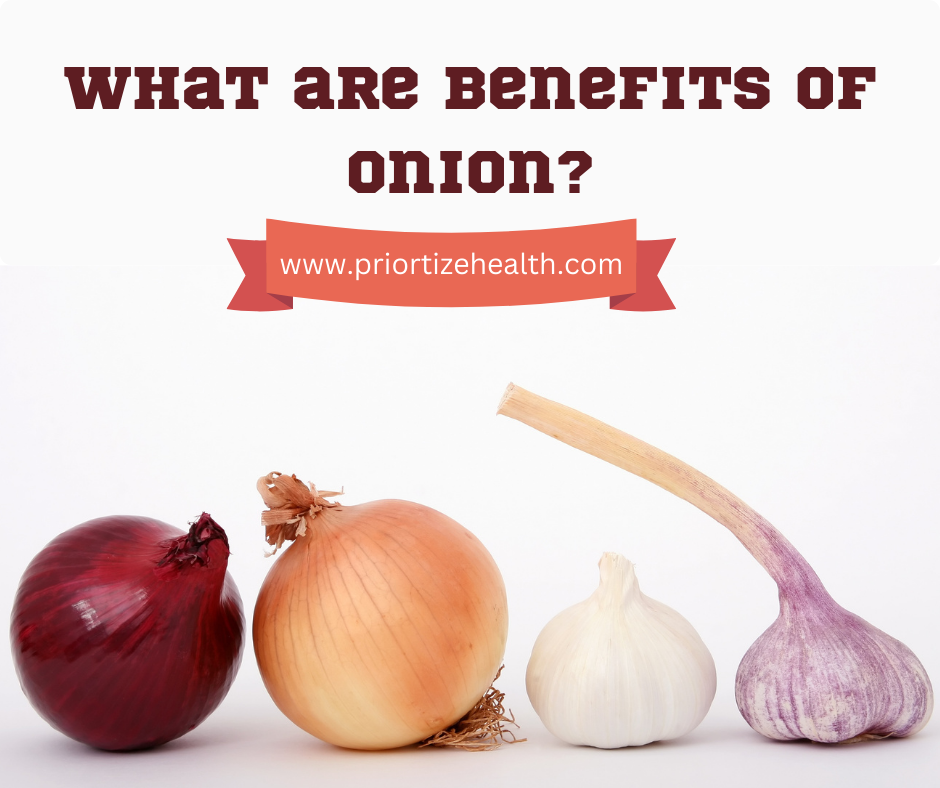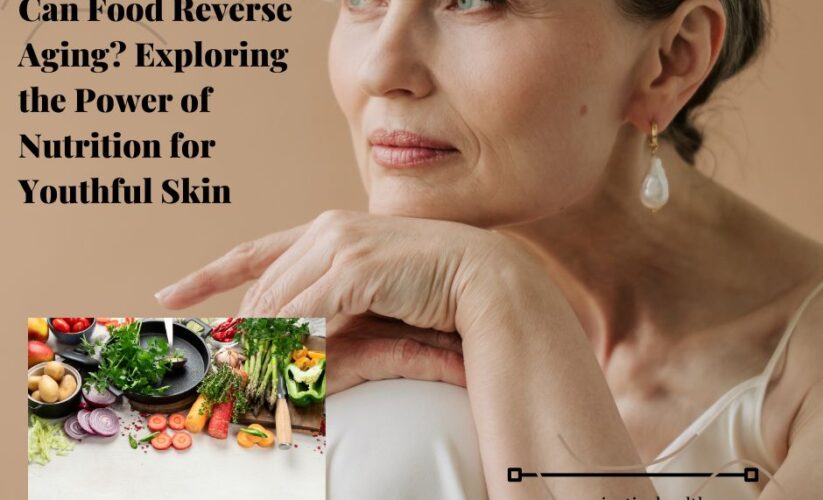
Can Food Slow Down Aging? Unlock the Nutrition Secrets
Aging is a natural process that everyone experiences. But it doesn’t mean we have to surrender to its visible effects. Wrinkles, fine lines, and sagging skin can make us feel older than we actually are. Many people are searching for ways to reverse these signs of aging. Skincare products and treatments are often the first go-to. But there’s a growing body of evidence suggesting that the food we eat plays a powerful role in keeping our skin youthful and radiant. But can food actually reverse aging? Let’s dive into the science and explore how the right nutrition can slow down the aging process. Can it help you achieve glowing, youthful skin.
The Science Behind Aging
Aging is the result of complex biological processes. One of the key factors behind skin aging is the breakdown of collagen. It is the protein responsible for maintaining skin structure and elasticity. As we age, collagen production naturally declines. This leads to wrinkles, sagging, and dull skin. Another factor is the damage caused by free radicals. It is the unstable molecules that can damage cells and speed up aging. Free radicals come from various sources, including sun exposure, pollution, and even stress.
Aging is inevitable. We can take steps to slow down these processes and support our skin’s natural ability to repair and regenerate. This is where nutrition comes in.
Can Food Reverse Aging?
The short answer is yes. Food can play a significant role in reversing or slowing down the visible signs of aging. But it won’t completely erase them. A well-balanced diet is rich in antioxidants, vitamins, minerals, and healthy fats. It can help protect your skin from environmental stressors, promote collagen production, and support skin hydration.
Key Nutrients to Reverse Aging
1. Antioxidants: The Skin Protectors
Free radicals are one of the leading causes of skin aging. The antioxidants are nature’s defense against them. Antioxidants neutralize free radicals. It prevents them from causing oxidative stress and damage to the skin. The most powerful antioxidants for skin health include:
- Vitamin C: Known for its role in collagen production, Vitamin C helps keep the skin firm and smooth. It also helps protect against sun damage and promotes even skin tone.
- Foods rich in Vitamin C: Oranges, strawberries, bell peppers, kiwi, and broccoli.
- Vitamin E: This nutrient has strong antioxidant properties. Thus it can help protect the skin from oxidative stress. It also supports skin hydration and healing.
- Foods rich in Vitamin E: Almonds, sunflower seeds, spinach, and avocado.
- Beta-Carotene (Vitamin A): Beta-carotene converts into Vitamin A in the body. This is vital for skin health. It helps promote cell turnover, reducing wrinkles and fine lines.
- Foods rich in Beta-Carotene: Sweet potatoes, carrots, butternut squash, and dark leafy greens.
2. Healthy Fats: Nourishing Your Skin from Within
Healthy fats are essential for maintaining skin elasticity and hydration. They help build the skin’s lipid barrier. It prevents moisture loss and keeps the skin plump and youthful. The two types of fats particularly beneficial for skin health are:
- Omega-3 Fatty Acids: Omega-3s have anti-inflammatory properties. It can help reduce redness and puffiness while also boosting collagen production.
- Foods rich in Omega-3s: Fatty fish like salmon, mackerel, and sardines, flaxseeds, chia seeds, and walnuts.
- Monounsaturated Fats: These fats help to maintain moisture in the skin. It promotes a smooth, glowing complexion.
- Foods rich in Monounsaturated Fats: Olive oil, avocado, nuts, and seeds.
3. Collagen-Boosting Nutrients
As we age, collagen production decreases, which leads to sagging and wrinkles. But, there are certain foods that can stimulate collagen production:
- Protein: Collagen contains amino acids. So, consuming adequate protein is crucial for maintaining and building collagen.
- Foods rich in protein: Lean meats, eggs, legumes, tofu, and dairy products.
- Gelatin: Gelatin is a form of collagen and can be beneficial for skin health. Consuming bone broth or gelatin-rich foods can help provide the building blocks for collagen production.
- Foods rich in Gelatin: Bone broth, chicken skin, and other collagen-rich connective tissues.
4. Hydration: The Key to Plump Skin
One of the simplest ways to maintain youthful skin is to stay hydrated. Dehydration leads to dry, dull skin and accentuates the appearance of fine lines. Drinking plenty of water is essential. But, you can also hydrate your skin from within with foods that have high water content:
- Cucumbers: High in water and antioxidants, cucumbers are excellent for hydrating the skin.
- Watermelon: They are full of water and lycopene, a powerful antioxidant. Watermelon helps protect skin from sun damage and keeps it hydrated.
- Tomatoes: They are rich in lycopene. Tomatoes also help in preventing wrinkles and maintaining skin hydration.
Anti-Aging Superfoods
A well-rounded diet is important. But some foods stand out as anti-aging powerhouses due to their unique properties:
- Berries: Blueberries, raspberries, and blackberries are packed with antioxidants like anthocyanins. They protect the skin from aging.
- Green Tea: It is rich in polyphenols. Green tea has anti-inflammatory properties and can help protect the skin from sun damage.
- Turmeric: It is popular for its anti-inflammatory and antioxidant properties. Turmeric helps reduce signs of aging and promote a healthy glow.
- Pomegranate: It is rich in antioxidants. Pomegranate can help reduce the appearance of wrinkles and protect skin from environmental damage.
A Diet for Reversing Aging: Putting It All Together
We need to reap the full benefits of food for reversing aging. So, it’s important to follow a balanced, nutrient-rich diet. Here’s an example of what a skin-loving anti-aging day might look like:
- Breakfast: Try a smoothie with spinach, chia seeds, strawberries, and almond mil It helps to boost antioxidants, healthy fats, and hydration.
- Lunch: Try a quinoa salad with salmon, avocado, mixed greens, and olive oil dressing. It is rich in protein, Omega-3s, and healthy fats.
- Snack: A handful of almonds or walnuts, paired with a piece of fruit like an orange or kiwi for Vitamin C.
- Dinner: Eat some grilled chicken with roasted sweet potatoes and broccoli. It provides protein, beta-carotene, and other skin-loving nutrients.
- Drink: Have some green tea with a sprinkle of turmeric. It will help to reduce inflammation and protect your skin from damage.
Final Thoughts: Food Can Support Youthful Skin
Any food alone cannot completely reverse aging. But, it plays a crucial role in slowing down the process and maintaining youthful skin. A diet should be rich in antioxidants, healthy fats, collagen-boosting nutrients, and hydration. It can help prevent premature aging, reduce the appearance of wrinkles, and promote a healthy, glowing complexion. So, the next time you’re considering a skincare product or treatment, remember that the best anti-aging secret might be sitting on your plate.
Nourish your skin from the inside out with the right foods. Give yourself the best chance to age gracefully and maintain that youthful glow for years to come.
